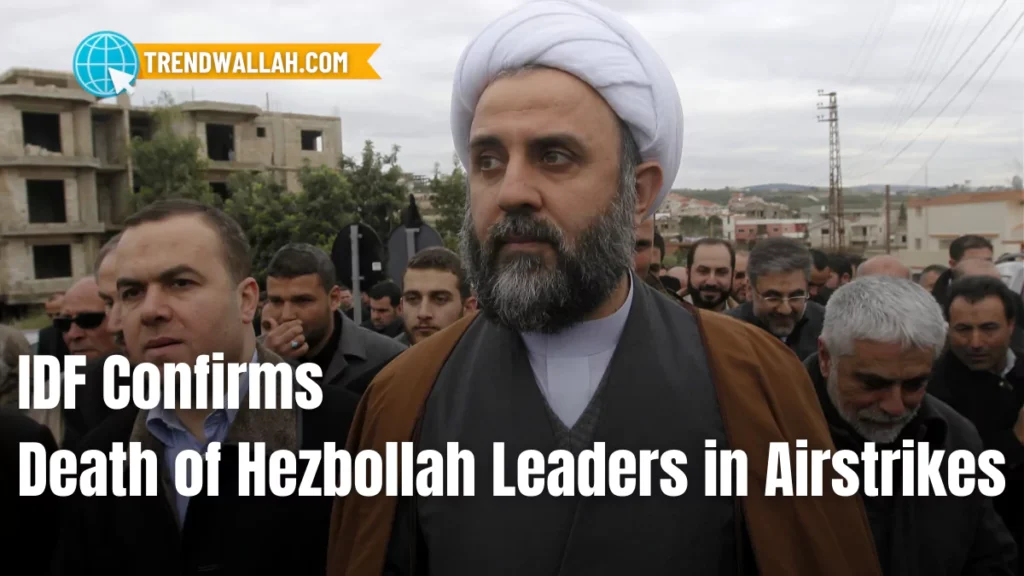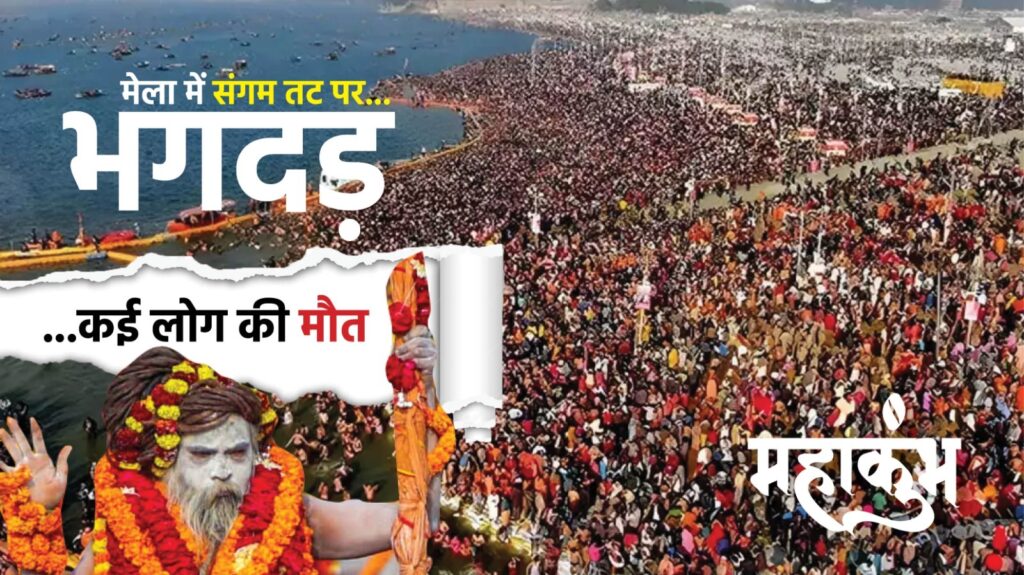
The Israel Defense Forces (IDF) confirmed that Nabil Qaouk, a high-ranking Hezbollah official, was killed in a targeted airstrike. Qaouk, Commander of Hezbollah’s Preventative Security Unit and a member of its Executive Council, was a veteran figure within Hezbollah. The IDF stated that he had played a direct role in numerous operations against Israel.
Additionally, Hezbollah confirmed the death of Ali Karaki, the commander of Hezbollah’s Southern Front, in a separate Israeli airstrike in Beirut. Karaki was one of Hezbollah’s top commanders, having played a key role in the organization for decades, particularly in southern Lebanon. The IDF’s airstrike targeted a compound where senior Hezbollah figures, including Karaki, were meeting.
Context Behind the Strikes
The recent airstrikes are part of Israel’s ongoing military operations against Hezbollah and Hamas. The attacks come in response to heightened tensions and hostilities between Israel and Hezbollah, with the IDF aiming to dismantle Hezbollah’s military leadership and infrastructure. These strikes follow years of conflict between Israel and Hezbollah, which often involves cross-border skirmishes and missile attacks.
Impact on Global and Regional Security
These airstrikes are likely to escalate tensions in the region, as Hezbollah has vowed to retaliate. Hezbollah, based in Lebanon and supported by Iran, poses a significant threat to Israel, and its actions have a wide-reaching impact on Middle Eastern security. With the death of key leaders like Qaouk and Karaki, Hezbollah may face challenges in its leadership structure. However, these strikes could also lead to further escalations in violence, affecting Lebanon, Israel, and neighboring countries.
Motivations Behind Israel’s Airstrikes
Israel’s primary goal is to weaken Hezbollah’s military capabilities and eliminate those involved in operations against the country. The IDF has been intensifying its efforts to dismantle Hezbollah’s leadership, as well as uncover and destroy Hezbollah’s tunnel networks and other strategic infrastructure.
Summary of Key Events
- Nabil Qaouk: Hezbollah leader killed in an IDF strike.
- Ali Karaki: Hezbollah’s third-highest commander and Southern Front leader also killed.
- IDF operations: Part of Israel’s broader military strategy to dismantle Hezbollah’s infrastructure.
| Key Hezbollah Figures | Position | Killed in Airstrike |
| Nabil Qaouk | Commander of Preventative Security | Yes |
| Ali Karaki | Commander of the Southern Front | Yes |
| Hassan Nasrallah | Hezbollah Chief | Unconfirmed |
Also Read Latest Current Affairs 2024
Nabil Qaouk was directly involved in military operations against Israel, making him a significant target for the IDF.
Ali Karaki was the commander of Hezbollah’s Southern Front and held one of the highest ranks within Hezbollah.
Hezbollah is a militant group and political party based in Lebanon, involved in armed resistance against Israel and supported by Iran.
The death of these leaders may disrupt Hezbollah’s operations, but it could also escalate tensions with Israel.
The IDF aims to weaken Hezbollah’s military leadership and dismantle its infrastructure to reduce the threat to Israel.
